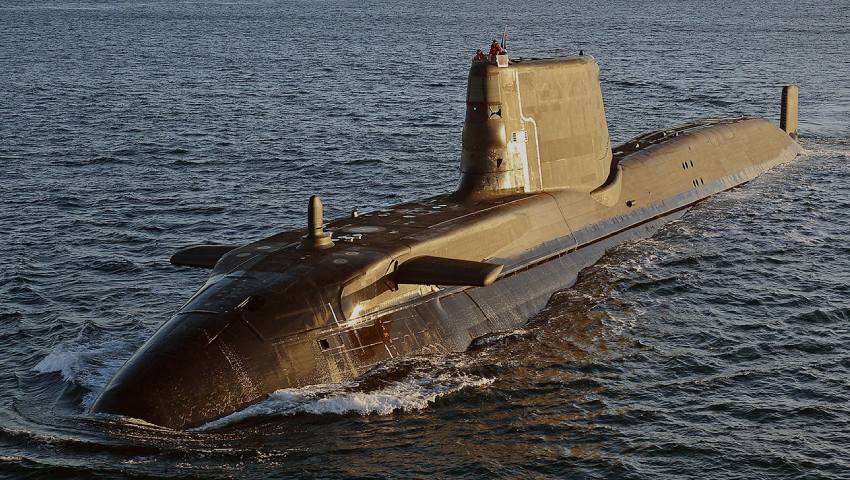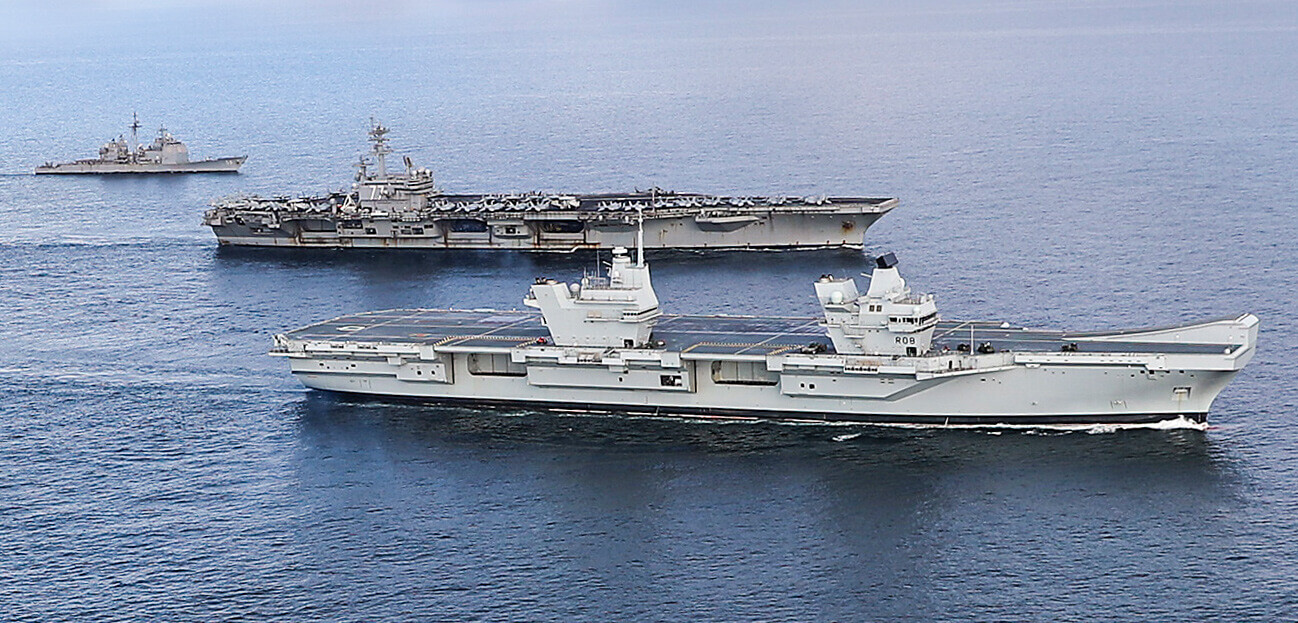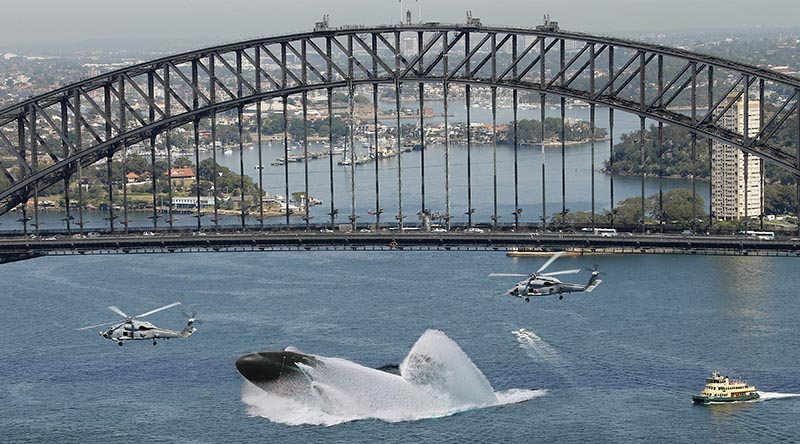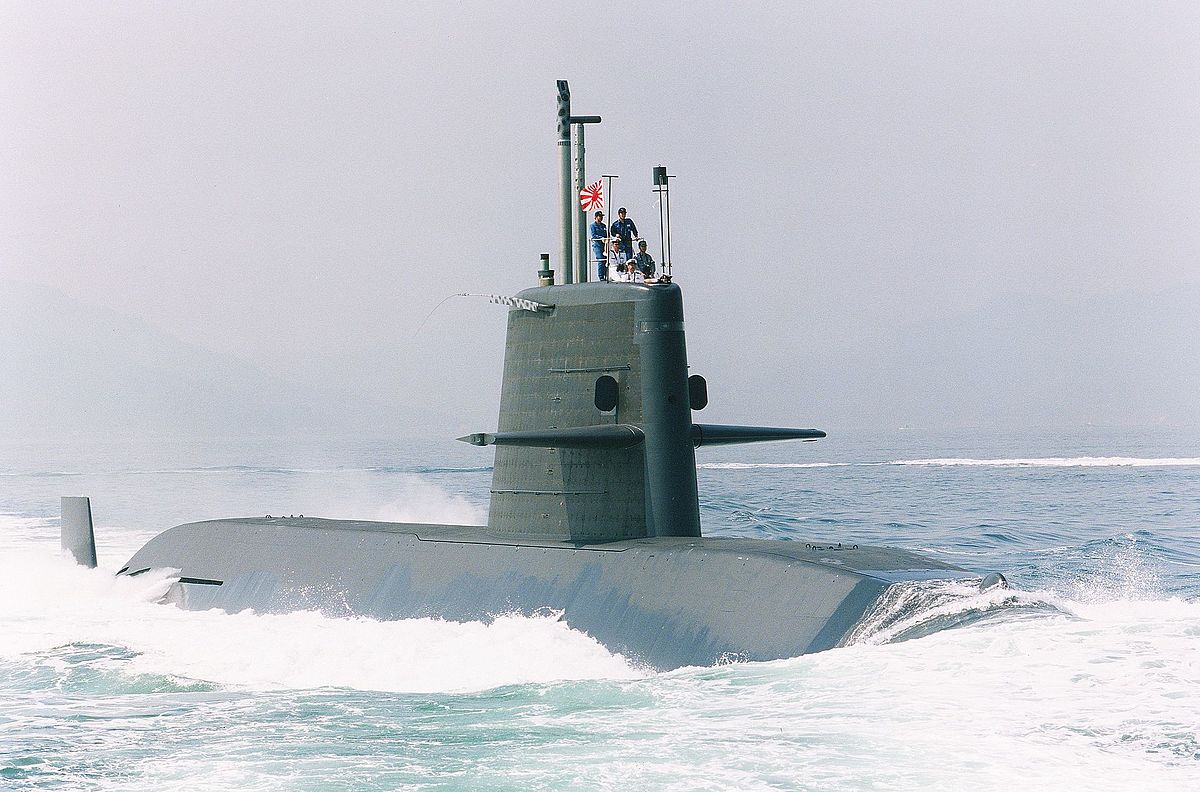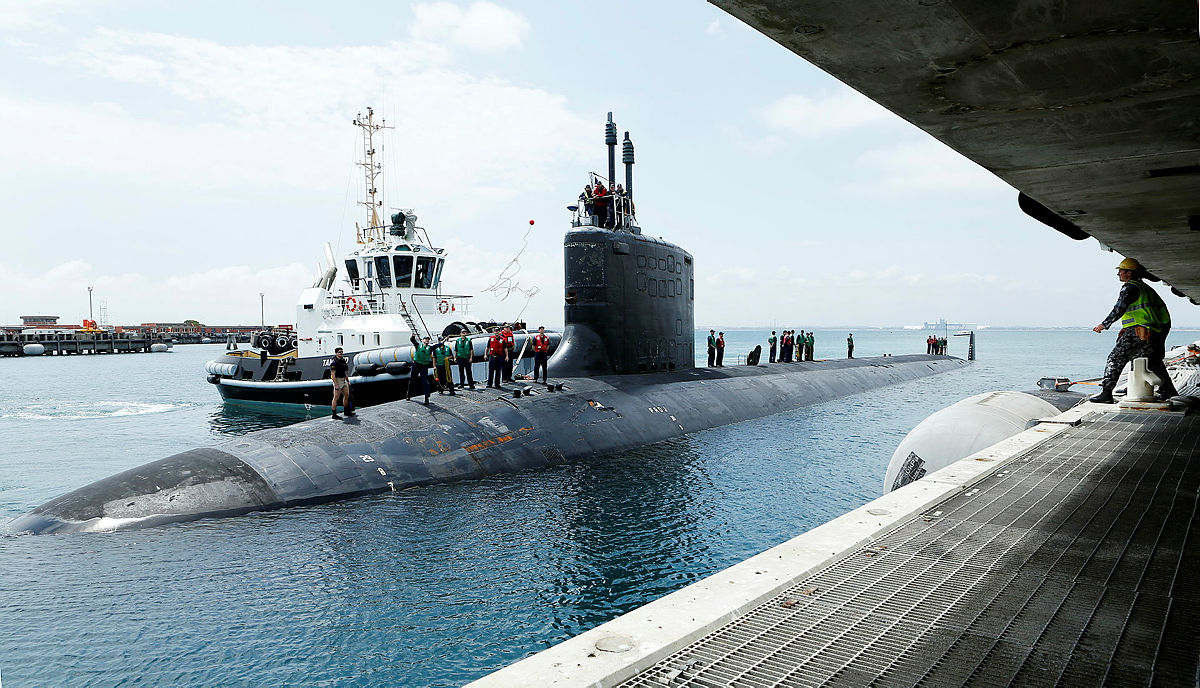jeffb
ACCESS: Top Secret
- Joined
- 7 October 2012
- Messages
- 1,281
- Reaction score
- 1,939
Yeah, when you read these articles from ASPI you're reading the US Govt, US defence industry point of view as they're a lobbyist organisation funded by those entities.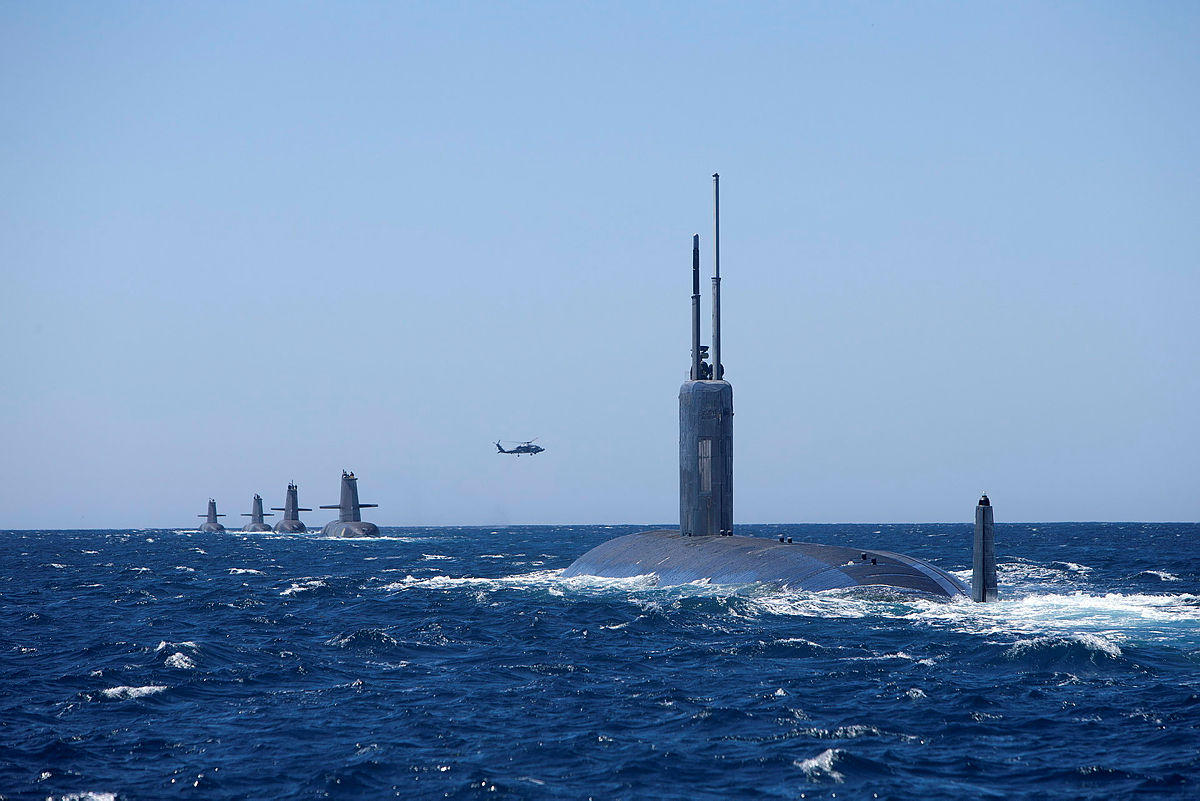
Astute versus Virginia: which nuclear-powered sub is the best fit for Australia? | The Strategist
Picking the right design for the Royal Australian Navy’s nuclear-powered submarines is extraordinarily complex and difficult choices will need to be made. There are two contenders, the Royal Navy’s Astute-class submarine and the US Navy’s ...www.aspistrategist.org.au
This article in particular talks about Australia aquiring Virginia Block V SSGNs. Thats a significant step up in cost (and strategic strike capability) on the Block IV pure SSN version (which still has 12 vertical launch tubes for Tomahawk anyway).

